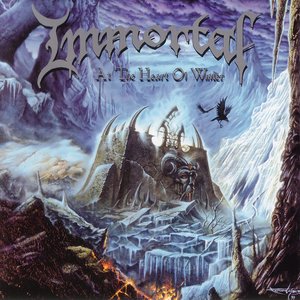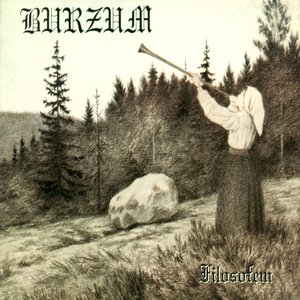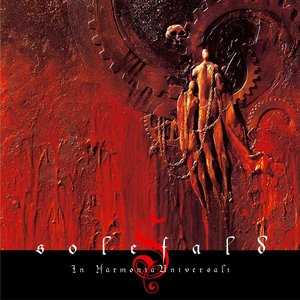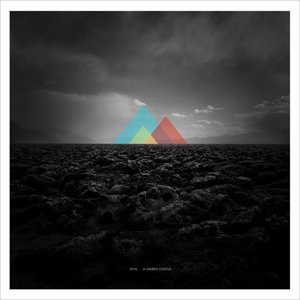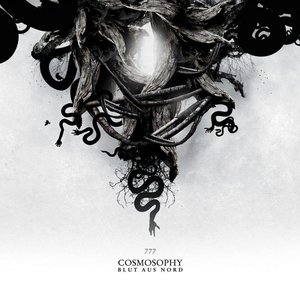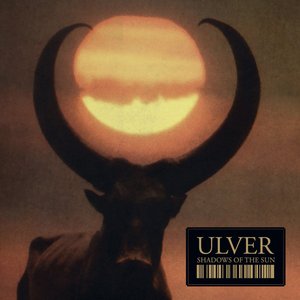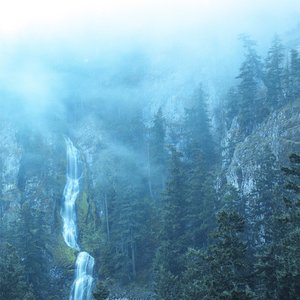Wiki
-
Release Date
1998
-
Length
19 tracks
Themes from William Blake's The Marriage of Heaven and Hell is the fourth studio album by Norwegian experimental collective Ulver. Produced with Kristoffer Rygg, together with Knut Magne Valle and Tore Ylwizaker, it was issued on December 17, 1998 via Jester Records. It is a musical setting of William Blake's poem The Marriage of Heaven and Hell. The album blended electronics, industrial music elements, progressive metal and avant-garde rock, adding ambient passages, following Blake's plates as track indexes. Stine Grytøyr, Ihsahn, Samoth and Fenriz all feature as guest vocalists.
In late 1997, Kristoffer Rygg invited keyboardist, sound conceptualist, and composer Tore Ylwizaker into the collective, and together they created a strategy for The Blake Album. Musically, the album transcended black metal’s aesthetics to create a genre-defying work and employed everything from ambient and classical sounds to industrial, prog metal, and art rock. The title alone being a loud signal that Ulver had changed somewhat.
"For me," says Garm, "the Blake record kind of signifies the second chapter or the new beginning – newer if you will – and not only from an ideological or lyrical perspective, but also musically because by that time I had acquired knowledge on technology and how to work with software and computers so we kind of had the knowledge to do new things with music. In a way it's quite natural that we wanted to explore other things almost from the beginning, which I think the second album, Kveldssanger, is a good example of. So we were never, like, strictly into black metal. It's actually pretty natural. I think a lot of people tend to think of it as very weird or very strange that the focus shifted so radically, but I don't."
The album and the band in general got a great deal of back-lash from the black metal community for abruptly changing musical styles, though the band expressly claimed to not be part of the "so-called black metal scene" in the liner notes of the booklet. While genre purists were taken aback by the violation of their boundaries, a new audience now discovered the band.
Album descriptions on Last.fm are editable by everyone. Feel free to contribute!
All user-contributed text on this page is available under the Creative Commons Attribution-ShareAlike License; additional terms may apply.


